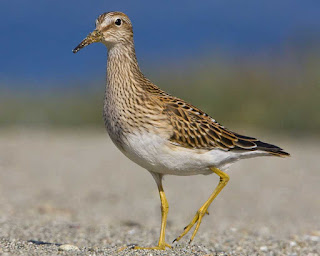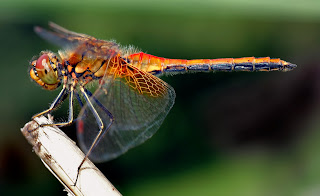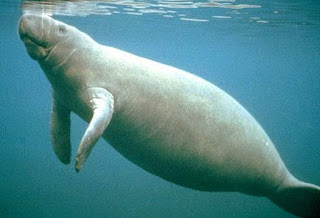South Africans are asked to be sensitive, compassionate and to exert kindness throughout the festive
season with regard to animals — all animals.
One focus at this time of year is the role of food in celebrations.
Consumers are asked to be responsible and to be aware of “production methods” so that their choices
are informed and compassionate, generating demand and growth for humanely produced foods.
The excessive heat and the drought continue and affect animals.
The NSPCA asks that reports of suffering are submitted timeously.
This not only relates to animals on farms but to working animals including so-called guard dogs who
may be suffering on duty in adverse weather conditions.
“Compassion comes in all forms and we ask for consideration towards all creatures and the promotion
of responsible behaviour.
“Choose activities that do not exploit animals in any way.
“Even if an animal may not be harmed, we ask people to consider if petting lion cubs is ethical and to
look at the bigger picture.
“This is just one example,” said Christine Kuch, from the NSPCA.
Above all, South Africans are asked to leave animals out of any festivities or promotions.
“It is of grave concern that a ‘competition’ has come to light with a live sheep as a prize.
“Over and above the welfare concerns are the moral issues and what this demonstrates regarding the
‘value’ of animals.
“They are not commodities and this includes the age-old appeal not to give live animals as gifts,” Kuch
said.
The National Council of SPCAs and the SPCA movement operate throughout the festive season.
It is the time of year when resources are stretched.
Staff continue to undertake routine duties of response to information involving alleged cruelty, neglect
or abuse of animals, matters which escalate at this time.
There is response to emergencies and also ensuring that there is provision of care to all animals.
This includes animals in “captive facilities” including laboratories.
“Please ensure that any animals you may have are given the best of care.
“Make sure their vaccinations are up to date which is a condition of reputable boarding facilities, as
well as a basic precaution to ensure the animal’s well-being.
“It is essential that their every need is catered for whether you are with them or away during this
period.
“Also include a back-up plan in case of injury, illness or any other unforeseen eventuality,” Kuch said.
The public is urged to take a responsible route when adopting animals.
This is where warnings are issued especially regarding online purchasing of pets.
So many are advertised and so many problems arise not only in welfare terms but also documented
cases of scams.
“Offering to meet someone in a car park to hand over an animal ought to send out warning signals.
“Far too often, people approach the NSPCA for assistance, having paid upfront or given cash without a
receipt, only to find the animal is in extremely poor health and they are unable to trace the seller.
“We recommend microchip identification as the ideal gift if an animal does not already have this form
of permanent tamper-proof identification which is also proof of ownership,” Kuch said.
Carry the number of your local SPCA with you on your cellphone.
Even if this is not the appropriate SPCA, they can forward the information quickly.
Above all, please report concerns regarding abused, neglected or cruelly treated animals by phone.
Every SPCA has an all-hours emergency number.
Emails and Facebook cannot be monitored around the clock and time lost in terms of response means
that an animal has suffered.
The identity of an informant is always kept confidential.































































